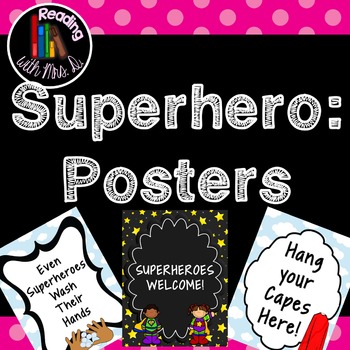It's not a new behaviour management program, but it's new to me.
I haven't been trained in it, but I have done some reading about it in the last 48 hours.
I applied to a job in a school which is apart of Manitoba's pilot program for the implementation of this, and as such, I decided it would be good to become familiar with it in case I get offered an interview and they ask a question about my familiarity with the program.
Here's a basic run down for my fellow PAX newbies, like myself.
1. PAX is Latin for Peace.
2. PAX is a game students play in class starting from day one until the last day of classes.
3. It is based on 40 years of research.
4. It was designed by a teacher, not "experts" who've never set foot inside a classroom.
5. It involves a harmonica.
6. Students work in teams.
7. The sign for quiet is the two fingered peace sign (or originally victory in Europe)
8. Bad behaviour is called a Spleen.
9. Unlike Whole Brain teaching, students are only playing the game for a short time each day, but good behaviour is shown to continue/be more common throughout the day than without a similar program.
10. Students start the year playing the game for a few minutes several times a day, maybe 3 days of the week, hopefully 5 days a week.
11. During regular class time, students compete against each other to show the best behaviour. They need to stay on task for the assigned period of time, and if their group succeeds with a minimum of spleens, they get a prize.
12. Grandma's Wacky Prizes: If they win a prize, they get one of these. ten seconds of a wacky activity. Make silly noises, giggles, hop around the room, tap your pencil on the desk, etc.
13. Can bank prizes for a larger prize such as a popcorn party, pyjama day etc.
14. Set timer, and at the end of ten seconds, the teacher plays the harmonica to signal the class to regain control.
15. Tootles are the opposite of a tattle. Thanks students for the positive things they are doing.
I'm not sure how many types of games there are.
A YouTube video which may help introduce you:
***********************************************************
If you would like me to review other books for kids please leave a comment. It must be useful to either teachers or parents of children age 4 to grade 2.Want to find awesome resources for your Early Childhood Education classroom?
Visit Reading With Mrs. D on Teachers Pay Teachers
Today's featured resource:
Help support Reading With Mrs. D and our family. Join Swagbucks and we can both earn money to spend on our kids!





No comments:
Post a Comment
You Love me, you really love ME!